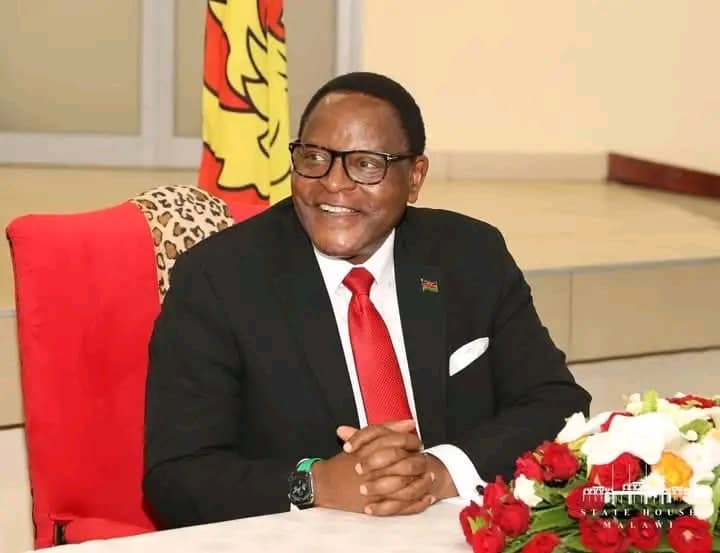By Burnett Munthali
Bon Kalindo, widely known as “The DC,” has recently made headlines with his vocal criticisms of Pastor Alfred Mphote, a well-known clergy member and former pastor at the Assemblies of God. Kalindo’s statements have stirred both controversy and intrigue, particularly as they shed light on the troubled past of Pastor Mphote and his alleged financial misconduct.
According to Kalindo, Mphote was once a pastor within the Assemblies of God but was expelled after accusations of embezzling a significant amount of money, reportedly around 2 million Malawian Kwacha, from the church’s funds. Kalindo claims that after Mphote was removed from his pastoral duties, he was left with nothing—his personal property and belongings were reportedly confiscated. Kalindo’s statements suggest that Mphote’s fall from grace was not just a financial blunder but also a personal crisis that saw him lose his status and position within the church.
Kalindo goes on to allege that Mphote, seeing the dire situation he was in, turned to the National Economic Empowerment Fund (NEEF) for a loan. However, Kalindo claims that Mphote’s inability to use the funds wisely for business ventures led to further complications, with Mphote reportedly struggling to repay the loan. The situation, Kalindo says, only worsened as Mphote faced more financial challenges and was caught in a vicious cycle of debt.
In his statements, Kalindo also claims that Mphote has now found himself aligned with the Malawi Congress Party (MCP), which he suggests may be offering Mphote some form of financial relief. Kalindo alleges that MCP has promised Mphote support for his outstanding debts, including the NEEF loan, which he still reportedly struggles to repay. Kalindo further adds that Mphote’s involvement with MCP might be driven more by financial desperation than any political ideology.
Kalindo’s harsh criticism of Mphote continues, as he accuses him of seeking to deceive the public by downplaying his troubled past. According to Kalindo, Mphote is attempting to distract the Malawian public with political rhetoric and false claims in an effort to salvage his reputation. Kalindo suggests that Mphote is playing a dangerous game, attempting to manipulate both the church and the public for his own benefit.
Furthermore, Kalindo’s comments suggest that Mphote’s affiliation with MCP may not be a result of genuine political belief but rather a strategy to secure financial support during a difficult period in his life. This connection, Kalindo implies, may be serving as a lifeline for Mphote, but it raises questions about the motivations behind such political alliances.
Kalindo’s criticism of Mphote is not limited to the financial aspect of the situation but also touches upon Mphote’s character and the manner in which he has handled his personal and professional failures. According to Kalindo, Mphote’s current position is the result of a combination of poor decisions, financial mismanagement, and an opportunistic grasp for political power, all of which contribute to a growing disillusionment with the clergy’s role in public life.
The public’s reaction to Kalindo’s statements has been mixed. While some support his call for accountability and transparency, others question the validity of his claims and the personal motivations behind his criticism of Mphote. Kalindo’s reputation as a vocal critic of political figures and his association with controversial statements leaves him in a precarious position, as he walks the fine line between exposing corruption and becoming embroiled in a public feud that could damage his own credibility.
As the situation continues to unfold, Kalindo’s comments highlight a growing discontent with figures in positions of power—whether in the church or the political realm—and a demand for accountability from those who have been entrusted with leadership. Whether or not Kalindo’s statements have the desired effect remains to be seen, but they have certainly sparked debate about the ethical conduct of both religious and political leaders in Malawi.
In a nation where political affiliations and financial struggles often intersect, Bon Kalindo’s words stand as a reminder of the complexity and volatility that accompany public leadership. Whether his criticism of Pastor Mphote is justified or not, it underscores the importance of transparency, integrity, and accountability in both religious and political spheres.




